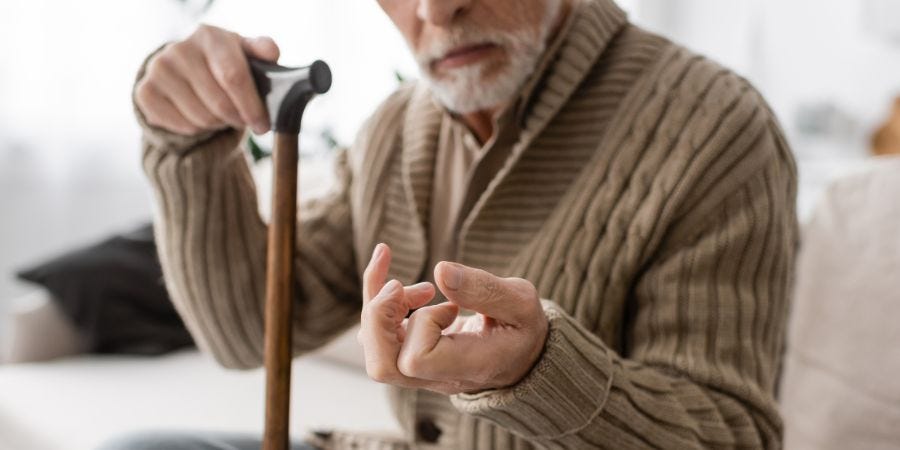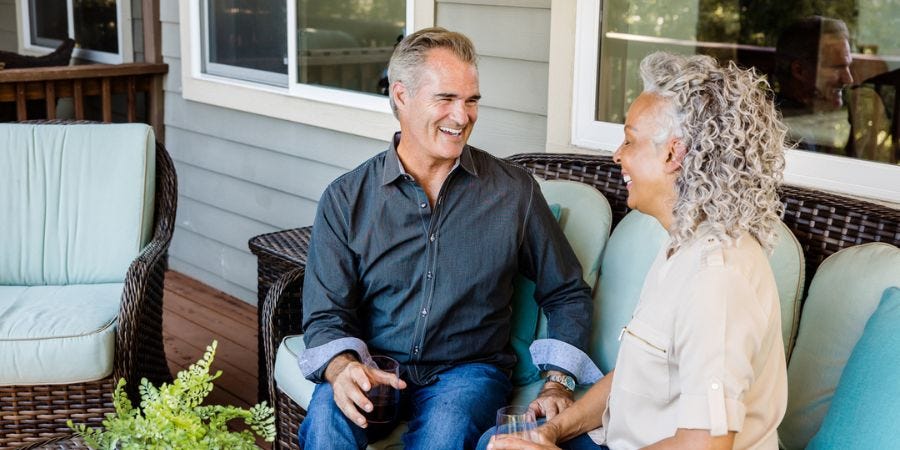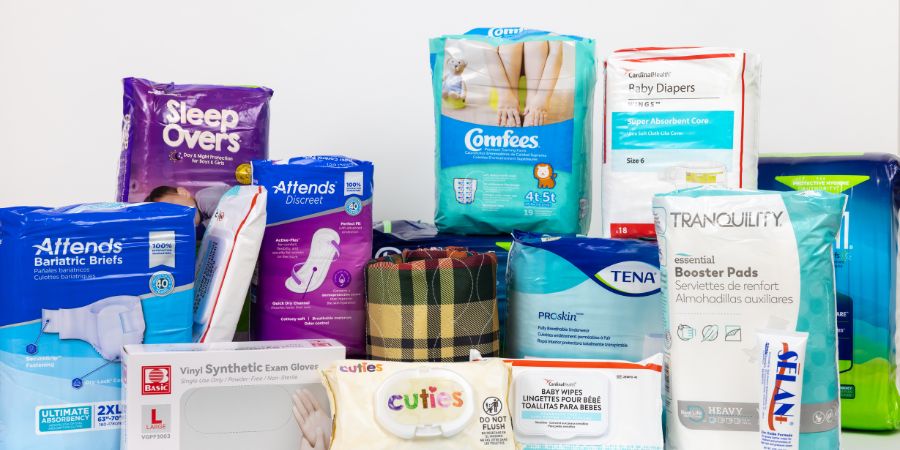Key Takeaways:
- Incontinence may develop in those with Parkinson’s due a disruption in the signals from the brain to the bladder and bowels.
- Using incontinence products, making certain lifestyle changes, and taking medications may help manage Parkinson’s and incontinence.
Around 90,000 people in the United States are diagnosed with Parkinson’s disease every year, and it’s widely known that the condition can cause issues with physical movement.
Parkinson’s can also cause incontinence in some people, and caregiving for a person with the disease may be difficult if you aren’t prepared to manage bladder and bowel control conditions.
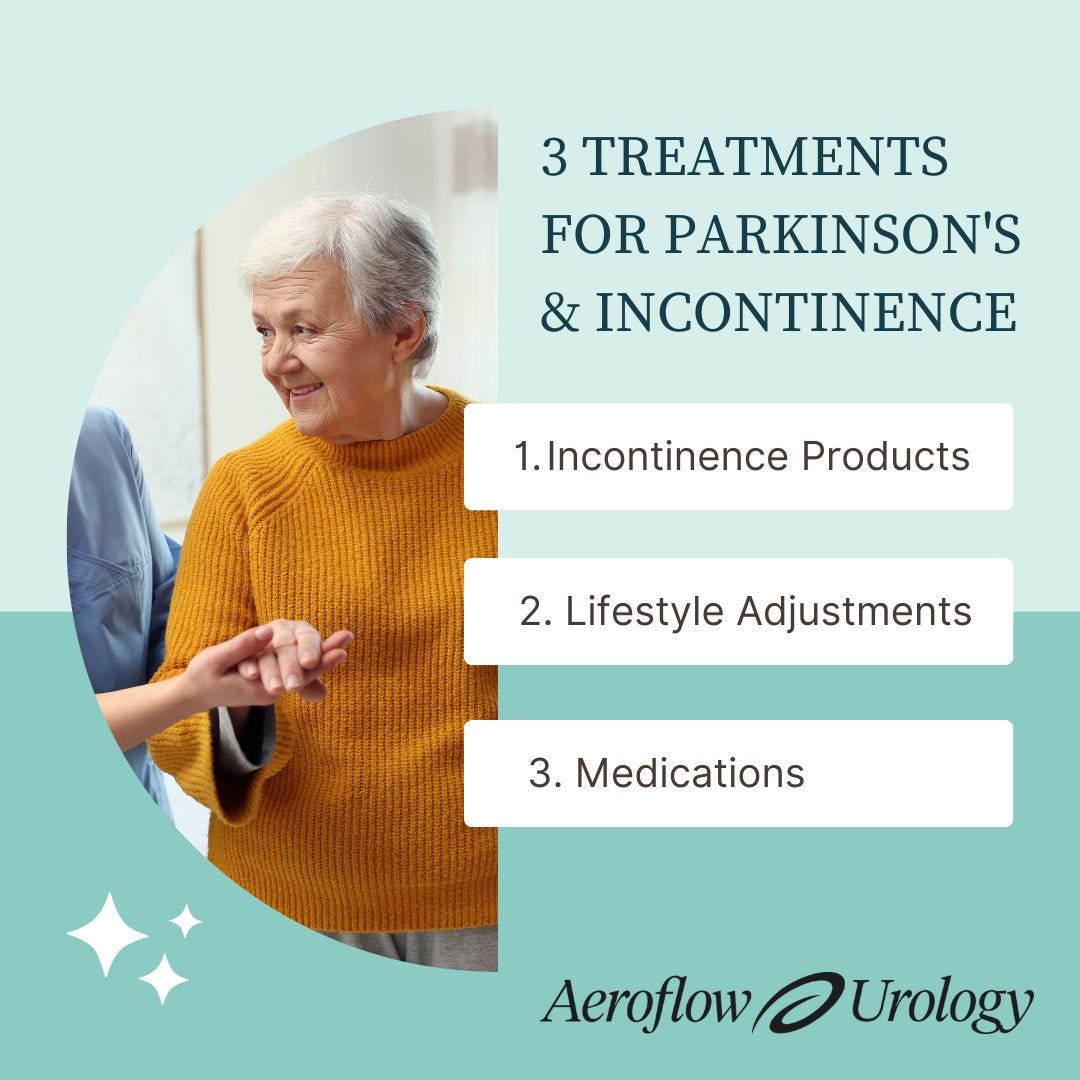

IN THIS ARTICLE:
Does Parkinson’s Disease Cause Incontinence?
What Treatments Can Help With Bladder Problems?
How to Qualify for Free Bladder Control Products
INCONTINENCE PRODUCTS THROUGH INSURANCE:
Aeroflow Urology is in-network with many Medicaid and Medicaid-managed insurance plans and is accredited by Medicaid. Complete our Eligibility Form, and we’ll automatically check to see if your plan covers incontinence supplies. ***Must meet certain requirements to qualify.***
You will also receive the care and attention every person managing incontinence deserves: A personalized list of 100% insurance-covered incontinence supplies, a dedicated Continence Care Specialist you can contact during business hours, a user-friendly online portal for easy monthly reordering, and educational content.
Get the continence care you need with the dignity you deserve. Join the Aeroflow Urology family today! It only takes 2 minutes to get started.
Check Your Eligibility
In Less Than 2 Minutes
Discover the continence care essentials available through your insurance plan.
What Is Parkinson's Disease?
Parkinson’s disease (PD) is a neurological disorder that progresses slowly and worsens with time. The disease attacks the brain and its nerve cells. These nerve cells contain dopamine, a chemical that aids in controlling and coordinating physical movement.
As PD progresses, associated symptoms worsen and a person’s ability to control muscle movement decreases. There is currently not a known cure for PD.
Symptoms of Parkinson's Disease
Symptoms of PD vary widely based on the individual person, but can include:
- Tremors
- Shaking
- Rigidity
- Slow movement.
- Difficulty walking.
- Difficulty eating.
- Muscle cramps.
- Difficulty with communication and speech.
- Urinary incontinence and / or bowel incontinence.
Does Parkinson's Disease Cause Incontinence?
Symptoms and side effects of PD are unique to each individual with the disease, so bladder and bowel issues are not always present in everyone. However, incontinence has been linked to PD; it develops due a disruption in the signals from the brain to the bladder and bowels, leading to bowel and bladder dysfunction.
Urinary incontinence is the loss of bladder control, resulting in bladder symptoms like leakage, and bowel incontinence is the loss of bowel control that results in fecal leakage. This loss of control is usually due to an interruption or disconnect between the brain and bladder / bowels.
According to the National Association for Continence (NAFC), bowel incontinence has the most prevalence among PD patients; 80% of people with the condition experience constipation or the inability to make a bowel movement.
Common types of incontinence in those with PD include:
- Nocturia: Waking up 2 or more times at night.
- Urge incontinence / Overactive bladder (OAB): Feeling the sudden and intense urge to urinate and increased urinary frequency, sometimes resulting in leakage.
- Bowel incontinence: Leaking fecal matter.
- Urinary retention: Inability to empty the bladder completely due to a blockage (enlarged prostate in men or prolapsed bladders in women) or neurologic impairment from PD.
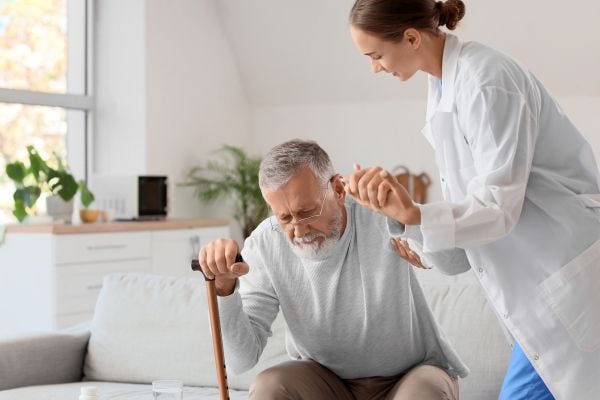

What Treatments Can Help With Bladder Problems?
1. Incontinence Products
Caring for someone with bowel or urinary dysfunction and PD can be challenging at times. Using incontinence products is one of the easiest ways to help your loved one with managing bladder and bowel leaks– especially because they may be able to receive these supplies for free through insurance!
Aeroflow Urology offers a wide variety of medical-grade products. You or your loved one may qualify for a combination of the following every single month with free delivery.
- Adult briefs.
- Adult protective underwear.
- Intermittent catheters.
- Overnight briefs.
- Bladder control pads.
- Underpads (chux).
All of these options are excellent products for individuals with PD because they offer ultimate absorbency, odor control, and comfort while allowing for easy changes.
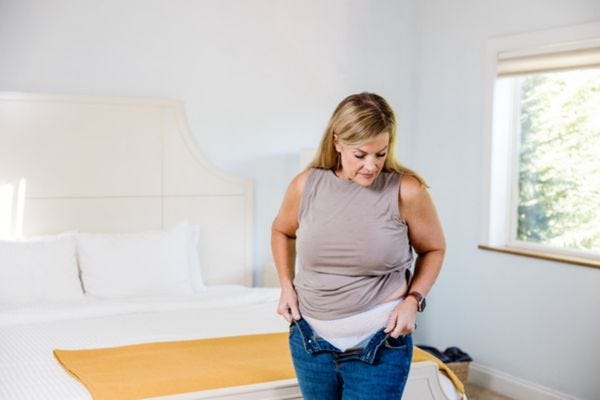

To see if your loved one qualifies, fill out our simple 2-step Eligibility Form.
2. Lifestyle Adjustments
Adjustments such as eating a balanced diet, drinking plenty of water, using stool softener, and establishing toileting routines can help with incontinence symptoms.
3. Medications
Certain anticholinergic medications, such as oxybutynin and tolterodine, may be prescribed for those with PD that can reduce symptoms of urge incontinence / OAB. Speak with your healthcare provider or urologist about these urinary incontinence medications to ensure they won’t make your symptoms worse. If you’re over the age of 65, taking these types of medications can worsen confusion. Beta adrenergic medications may be helpful in these cases.
4. Pelvic Floor Exercises
Pelvic floor exercises strengthen your pelvic floor muscles, reducing symptoms of urinary incontinence. You can do these exercises at home if you are physically able or have the assistance of a pelvic floor physical therapist.
Statistics | Parkinson’s Foundation. (n.d.). Www.parkinson.org. https://www.parkinson.org/understanding-parkinsons/statistics#:~:text=Nearly%2090%2C000%20people%20in%20the
Parkinson’s Disease And Incontinence. (n.d.). National Association for Continence. Retrieved March 1, 2023, from https://nafc.org/parkinsons-disease/
Siegl, E., Lassen, B., & Saxer, S. (2013). [Incontinence--a common issue for people with Parkinson’s disease. A systematic literature review]. Pflege Zeitschrift, 66(9), 540–544. https://pubmed.ncbi.nlm.nih.gov/24137917/
Information provided on the Aeroflow Urology website is not intended as a substitute to medical advice or care from a healthcare professional. Aeroflow recommends consulting your healthcare provider if you are experiencing medical issues relating to incontinence.

